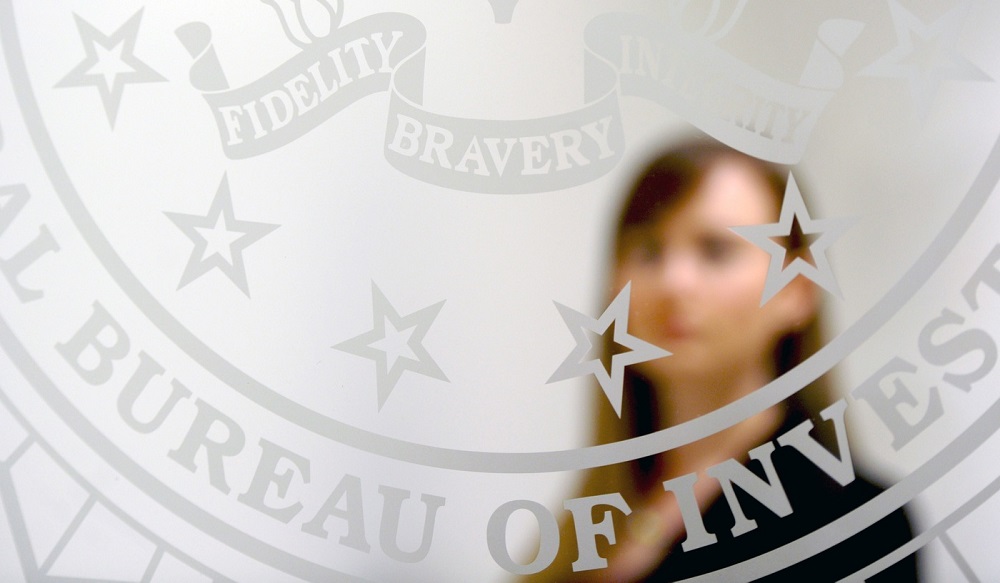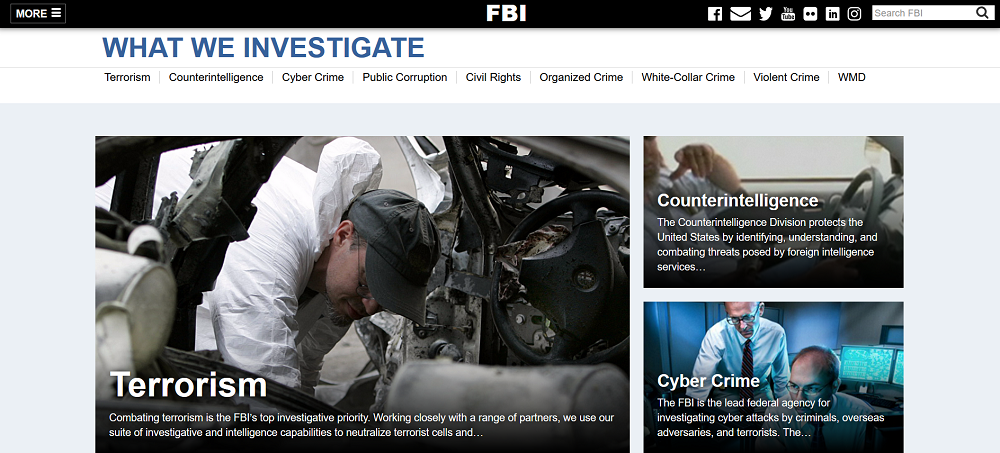Zuzul wins award from Strategic Management Society for paper on FBI’s transformation
 Tiona Zuzul, an assistant professor of management at the University of Washington Foster School of Business, has received the Strategic Management Society’s inaugural Research Methods Paper Prize.
Tiona Zuzul, an assistant professor of management at the University of Washington Foster School of Business, has received the Strategic Management Society’s inaugural Research Methods Paper Prize.
This new award recognizes innovative study design. Zuzul’s paper—a collaboration with Ryan Raffaelli, Ranjay Gulati and Jan Rivkin of Harvard Business School—is a wonder of qualitative research in a field awash in data.
Zuzul and her co-authors analyzed congressional testimony and 138 interviews that they conducted with officials of the Federal Bureau of Investigation to explain how former Director Robert Mueller managed to transform the tradition-bound FBI from a law-enforcement agency to an intelligence organization in the years after the terrorist attacks of 9/11.
More than all others, this paper impressed the judges from the Strategic Management Society, the influential body of scholars and practitioners at more than 1,100 universities and companies in more than 70 countries.
“Ninety-five percent of papers in strategy are quantitative, including the other finalists for this award, who used cutting-edge network analysis and quantitative methods. So, it’s pretty unusual that the award went to a qualitative paper like ours,” says Zuzul. “That’s something I’m especially proud of.”
No stranger to strategy
Zuzul received her PhD in strategy at Harvard Business School in 2014 and was an assistant professor of strategy and entrepreneurship at the London Business School before joining the Foster faculty in 2017.
She has been recognized numerous times for her research. She was runner-up for the Best Paper Award from Academy of Management Discoveries (2015), finalist for the Wiley Blackwell/BPS Dissertation Award from the Academy of Management (2015), finalist for the Heizer Dissertation Award from the AOM (2014), honorable mention for the Grigor McClelland Dissertation Award from the Society for the Advancement of Management Studies (2012), honorable mention for Best Conference Paper from the Strategic Management Society (2012), and finalist for Best PhD Paper from the Strategic Management Society (2012).
At Foster, Zuzul teaches courses in Strategic Management and Innovation Strategy. She was named Professor of the Quarter in the MBA Program in 2018.
Her research investigates entrepreneurship, innovation strategy, nascent industries and cognitive framing.
Transforming an institution
There is perhaps no better example of cognitive framing than what Zuzul and her associates observed at the FBI.
It’s an institution known for being deeply rooted in its own storied history, fiercely defined by its identity as the nation’s top cop, and resolutely resistant to change.
 But change was required after 9/11, when President George W. Bush tasked newly appointed Director Mueller to transform the organization from one that solves crimes to one that prevents crimes. In other words, expanding from enforcement to intelligence.
But change was required after 9/11, when President George W. Bush tasked newly appointed Director Mueller to transform the organization from one that solves crimes to one that prevents crimes. In other words, expanding from enforcement to intelligence.
This meant massive reorganization. New divisions and structures. More analysts and fewer agents. A paradigm shift that would require buy-in from internal and external stakeholders alike.
Process before outcome
How did the FBI do it? From the mass of testimony and interviews conducted with senior officials over a decade, Zuzul and her colleagues determined that the transformation succeeded due to a fundamental shift in the way the bureau views and presents itself.
“The only way to justify that scale of change was to fundamentally change the way that the FBI was framed,” Zuzul explains. “And by framing, I mean how Mueller and stakeholders saw and made sense of the FBI’s purpose as an organization.”
Critically, the FBI shifted from outcome framing (focusing on what it does) to process framing (focusing on how it undertakes its work). This new process could support its twin mission of law enforcement and prevention from attacks.
 “Mueller spent 12 years not just trying out a series of internal changes,” Zuzul says, “but also trying to figure out how to frame these changes in a way that made sense and resonated with both internal and external stakeholders.”
“Mueller spent 12 years not just trying out a series of internal changes,” Zuzul says, “but also trying to figure out how to frame these changes in a way that made sense and resonated with both internal and external stakeholders.”
She believes that any organization in flux might learn a few lessons from the FBI—and her findings.
“Most organizations define themselves based on an outcome they are trying to achieve, or what they produce,” she says. “But very few organizations define themselves based on the process that they’re deploying, which is agnostic to the outcomes they’re trying to achieve.”
Such a shift could make big changes a bit easier to execute.
“Transforming the Federal Bureau of Investigation: Outcome and Process Framing in the Context of a Strategic Change Initiative” is the work of Ryan Raffaelli, Tiona Zuzul, Ranjay Gulati and Jan Rivkin.

